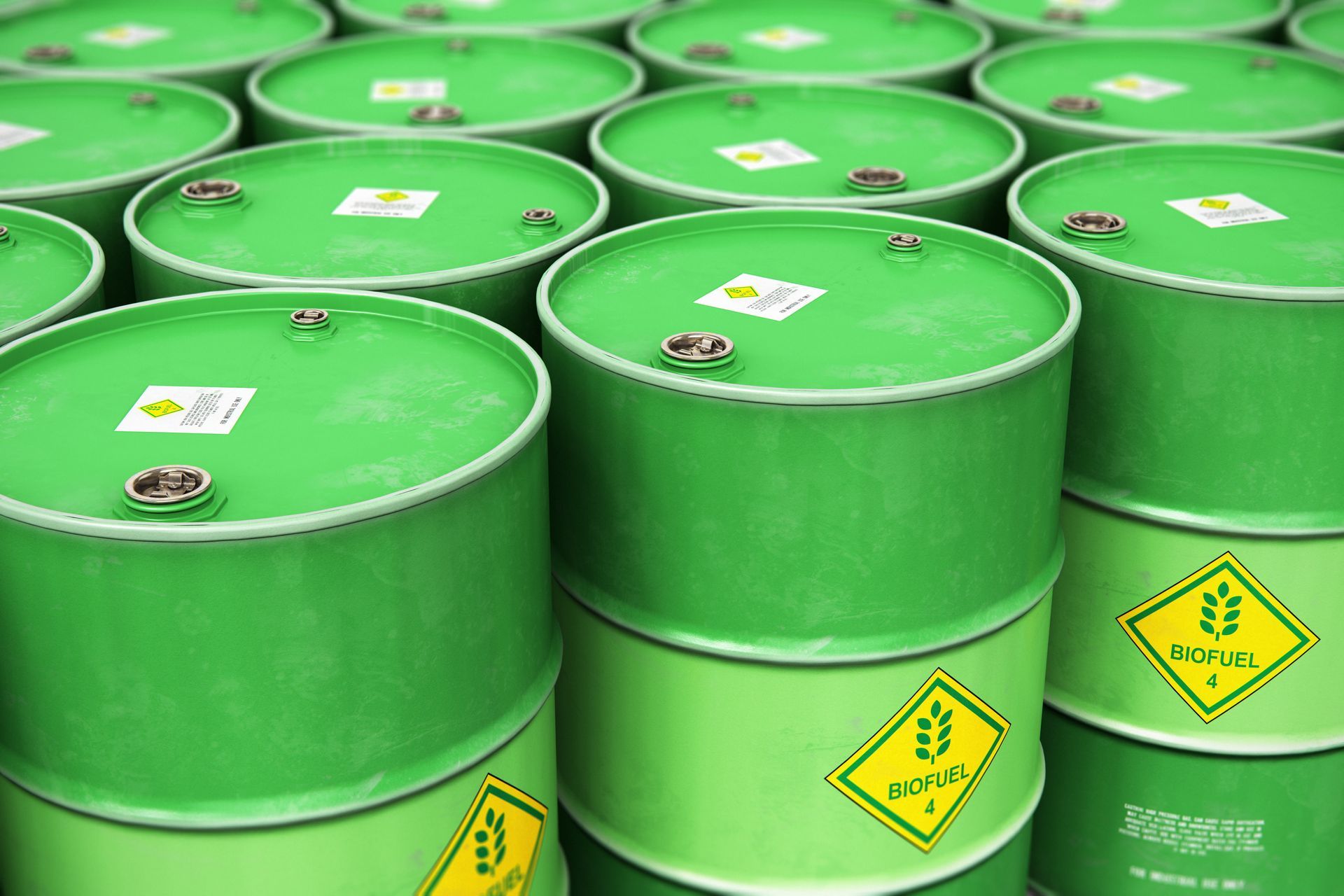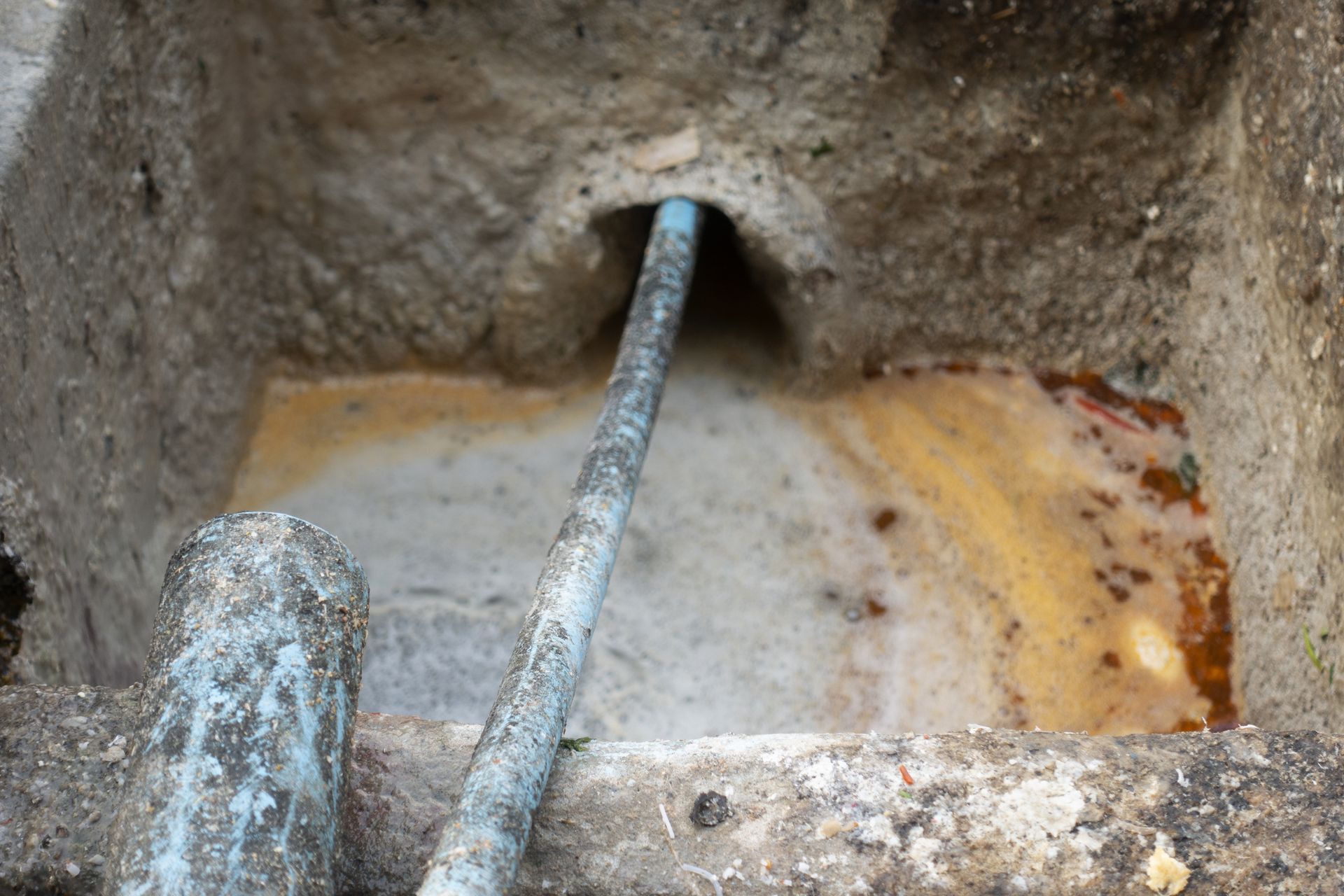Call Today for a FREE Quote
(404) 419-6887
The Basics of Biodiesel

Many restaurants generate gallons of used cooking oil every day. Piling up after countless frying shifts, this waste oil is typically seen as a problem to be solved rather than a resource. At Southern Green Industries, we see this “waste” as an opportunity for innovative solutions. We recycle used cooking oil into biodiesel and pay our clients back for the privilege of collecting their waste oil.
What Makes Biodiesel Different from Other Recycled Oil Products?
At its most basic level biodiesel is a direct replacement for conventional diesel fuel. This makes the waste oil recycling we perform an alternative, sustainable source for diesel fuel. Its use isn’t entirely dissimilar from other types of recycled waste oil – like recycled used motor oil. However, there are some recycling benefits that are unique to the type of biodiesel production we perform – like carbon neutrality.
There’s a nearly one-to-one ratio for the amount of carbon dioxide emitted via biodiesel combustion in engines and the amount of CO absorbed through the plants from which the biodiesel is originally derived. This is unique from other petroleum products that are derived from oil pulled up from the ground.
Depending on the quality and purity of the biodiesel, there may also be some performance-enhancing benefits for vehicles running on the fuel source. Biodiesel’s higher-than-normal lubricity helps reduce engine wear, potentially extending the life of equipment. The fuel also possesses a high cetane number, which is a measure of ignition quality. Essentially, biodiesel burns cleaner and smoother than regular petroleum-derived diesel.
The Journey from Fryer to Fuel Tank
Collection: The process starts in kitchens across Atlanta, where used cooking oil accumulates day by day and is collected in oil collection containers (which we can provide). Southern Green Industries collects this waste oil from restaurants and food service establishments, ensuring it is responsibly disposed of and kept out of Atlanta’s sewers and landfills.
Processing: Once we've collected the waste oil, we purify it in our processing facility. Through heating, we separate any food particles, water and other impurities from the oil. The result is a batch of pure, recycled oil, ready for conversion.
Conversion: The purified oil then undergoes a chemical process known as transesterification. This involves reacting the oil with an alcohol (usually methanol) and a catalyst (usually a strong base) to break it down into esters (biodiesel) and glycerin, a byproduct that can be used in soap production.
Refinement: The raw biodiesel is then refined, which involves separating the biodiesel from the glycerin and any remaining catalysts, alcohol and soaps.
Use: Once refined, the biodiesel is ready for use in any diesel engine, usually without any modifications required (especially when blended with conventional diesel). We are proud to run our fleet of vehicles on the biodiesel we produce, drastically reducing the carbon footprint of our business. This also gives us an opportunity to offer exceptional discounts to our clients.
We’re committed to offering fair compensation for all the oil we collect from your business, making it a great deal for you, the environment and the air in Atlanta.
Why Biodiesel?
Reducing Carbon Footprint: In addition to the obvious benefit of boasting drastically low levels of carbon emissions when used in engines, recycling waste frier oil also keeps it out of dumps or waterways. This two-fold benefit makes biodiesel an attractive bio-degradable, non-toxic and renewable fuel alternative to traditional petroleum-derived fuels.
Furthering the Energy Independence Cause: While people in the country may disagree on how to reach energy independence, it is one of the few long-term goals nearly everyone shares. Any alternative fuel sources that reduces reliance on foreign oil is generally welcome – and biodiesel is one of those alternative fuel sources.
Economic Benefits: Biodiesel production stimulates local economies by creating green jobs and providing a market for waste cooking oil. It also promotes a circular economy where waste is reused for optimal economic efficiency.
Waste Reduction: Instead of clogging drains or ending up in landfills, used cooking oil is upcycled into valuable biodiesel, reducing waste and promoting sustainability.
A Sustainable Tomorrow for Atlanta Restaurants with Waste Cooking Oil
The team at Southern Green Industries is proud to contribute to a more sustainable future through biodiesel production. By harnessing the potential of restaurant waste, we're creating an eco-friendly solution that benefits our clients, the environment and our community.
Our grease trap cleaning and fryer oil recycling services are not just about keeping kitchens clean. They're about turning one person's waste into another person's energy source. This is the heart of our biodiesel mission – and we invite you to join us in this exciting journey toward a greener tomorrow by calling us at (404) 419-6887.
Recent Blog Posts
Contact us Today for a FREE Quote
We are committed to making grease trap cleaning and fryer oil recycling as clean and easy as possible. If you’d like to learn more about our services or get a quote, give us a call at (404) 419-6887.
Southern Green Industries is an Atlanta owned and operated grease trap cleaning and fryer oil recycling company operating in Atlanta and throughout the entire state of Georgia.
All Rights Reserved | Southern Green Industries | Built by REV77


